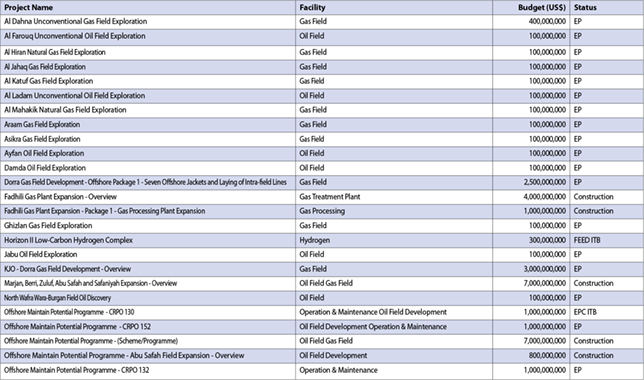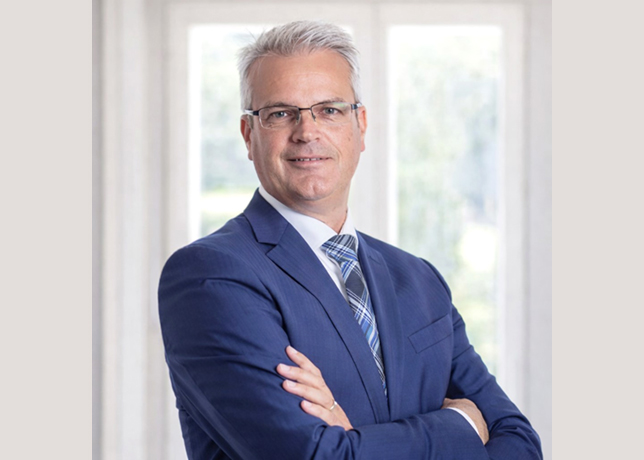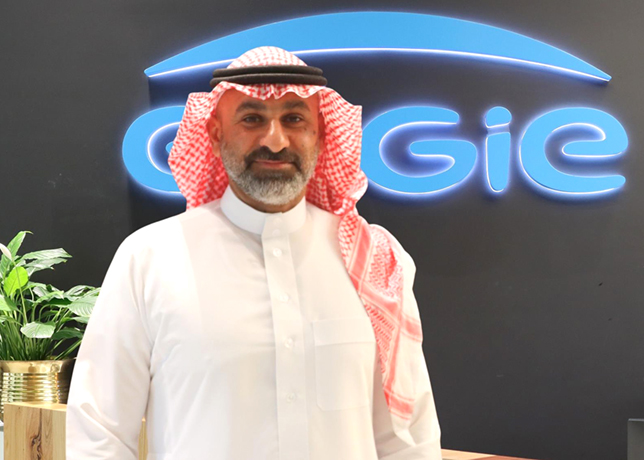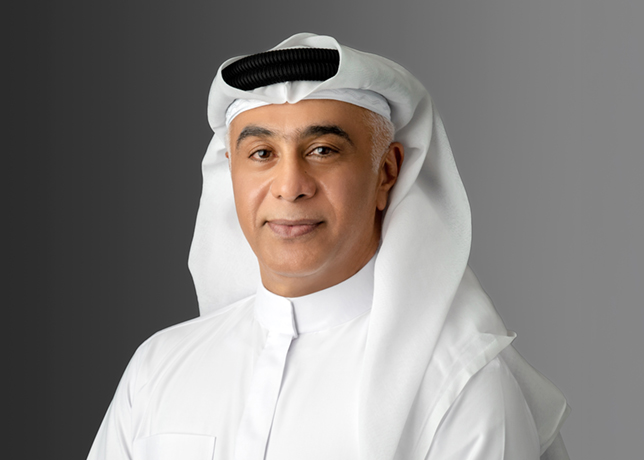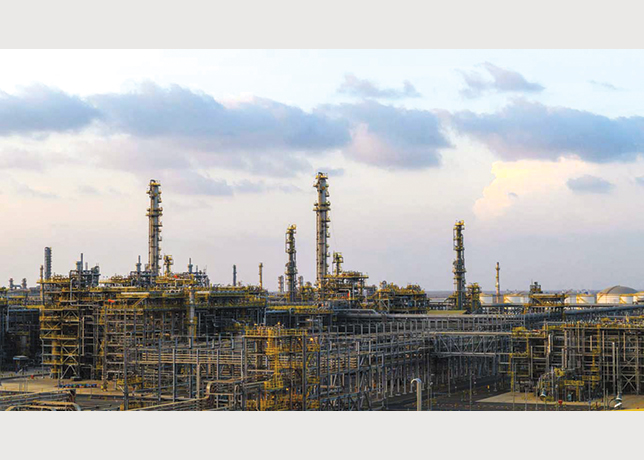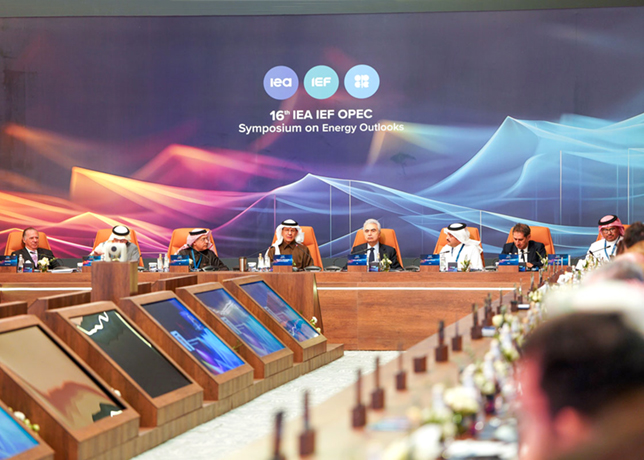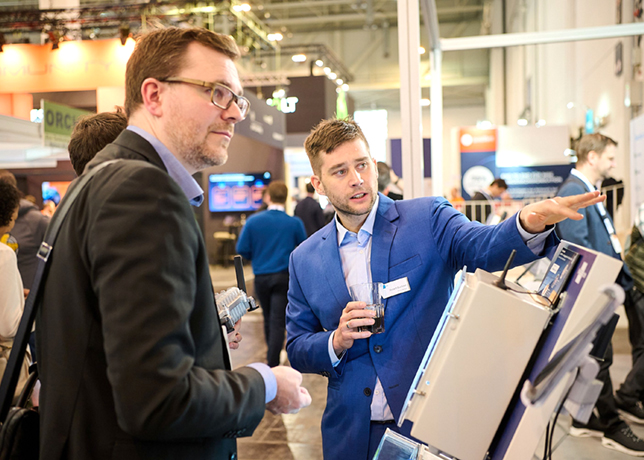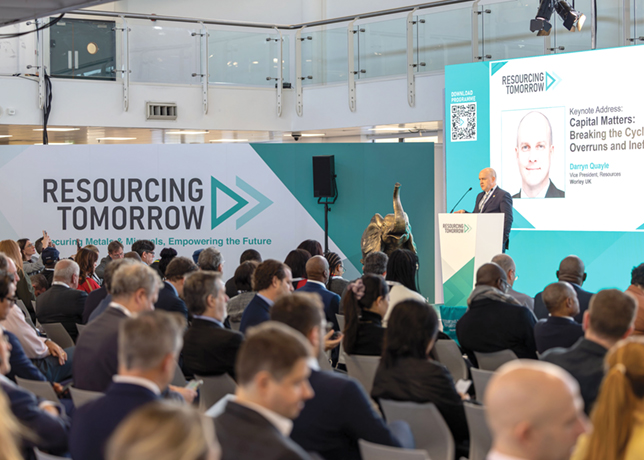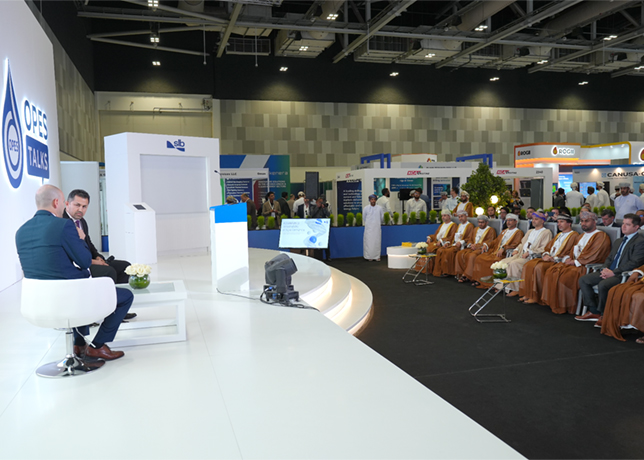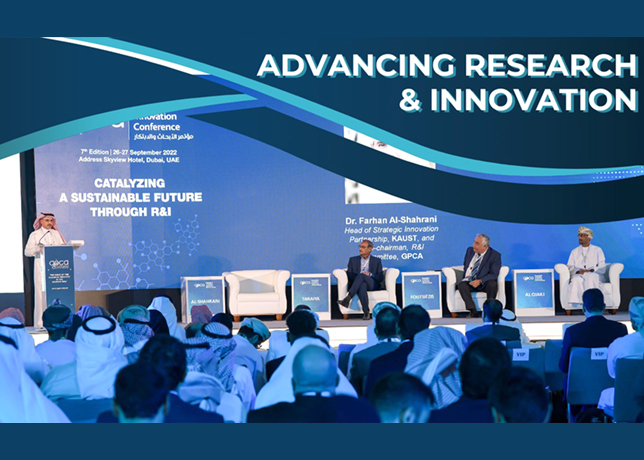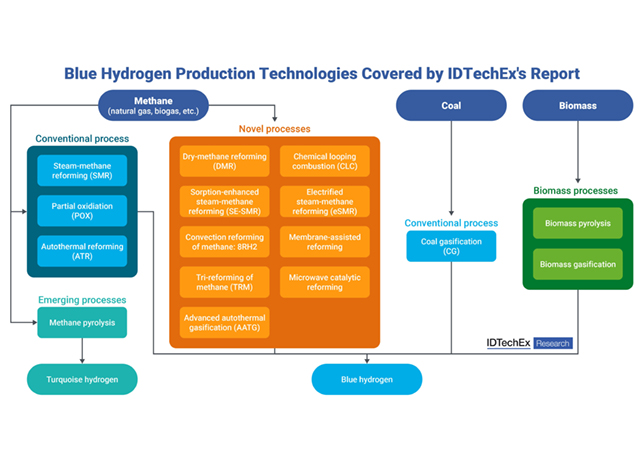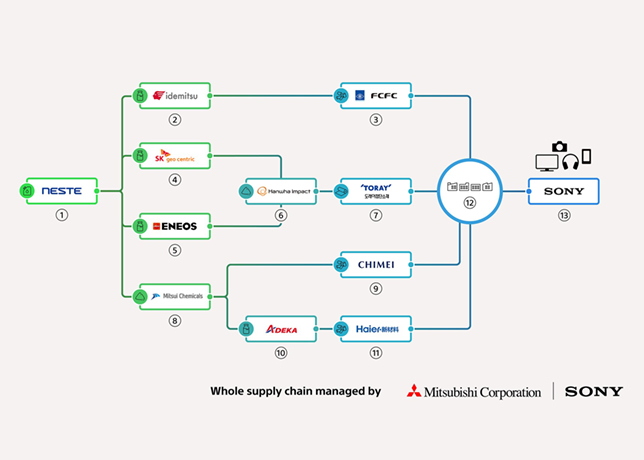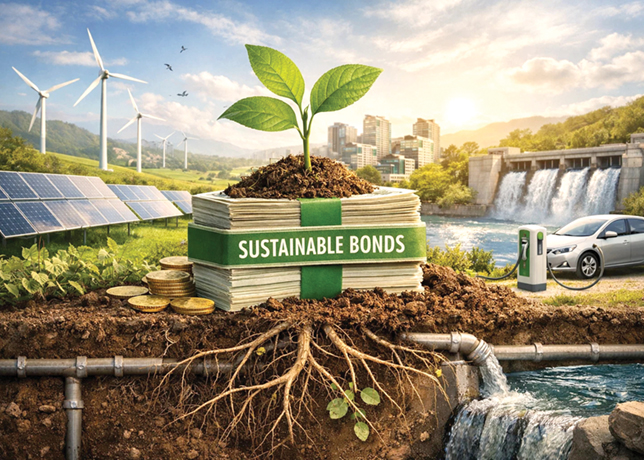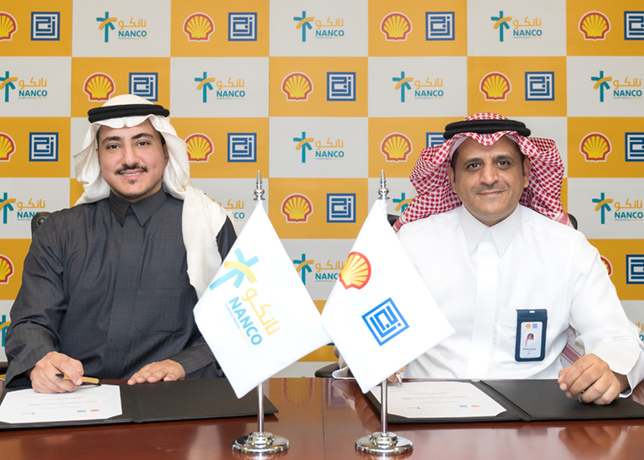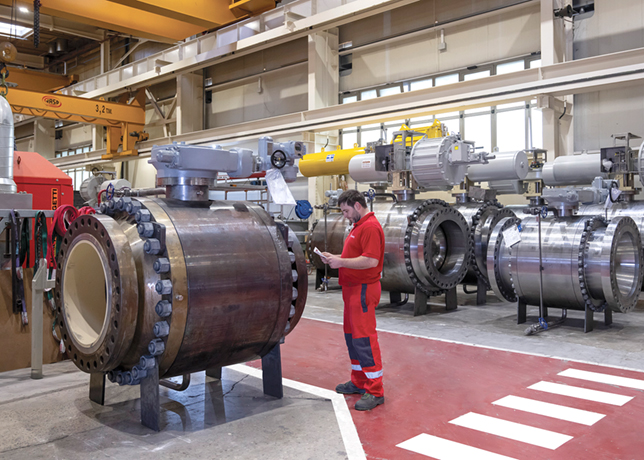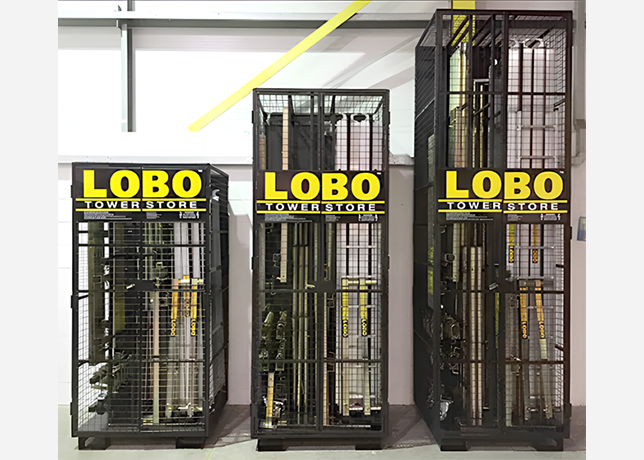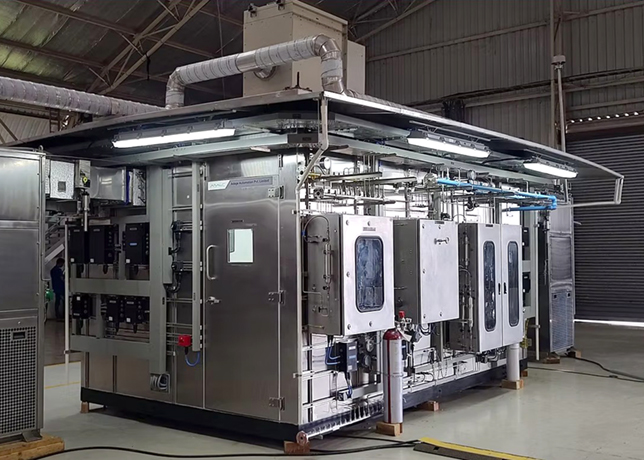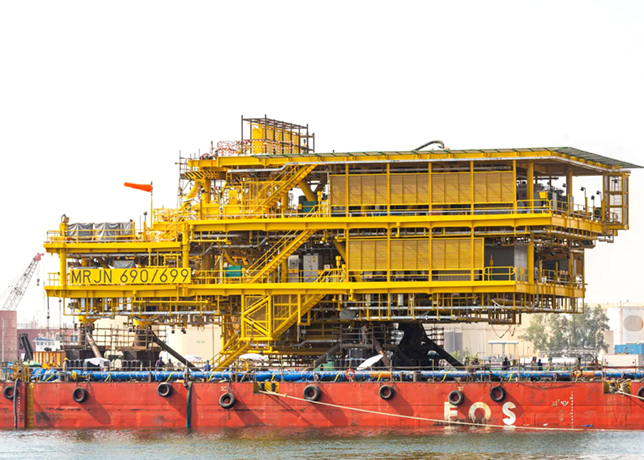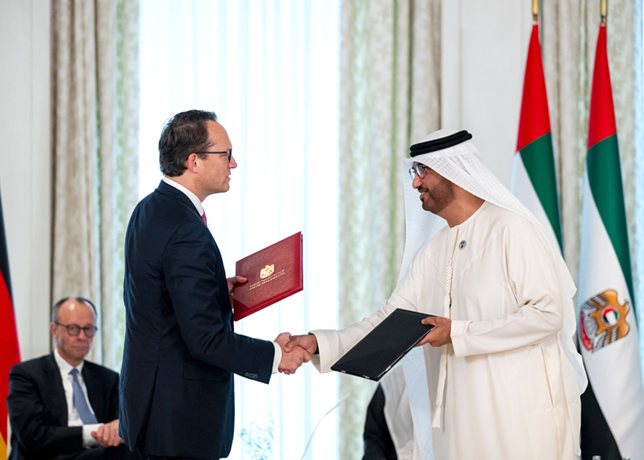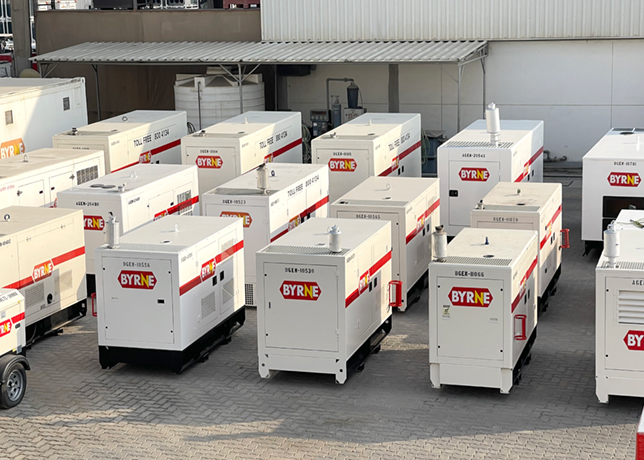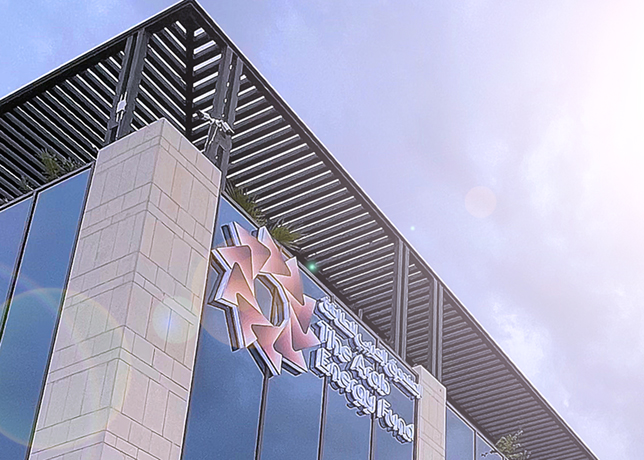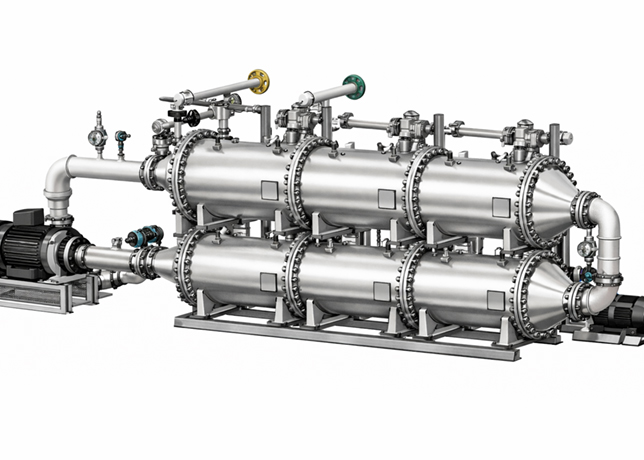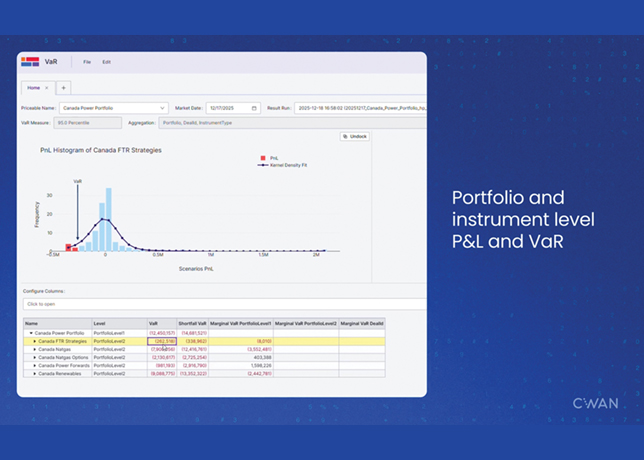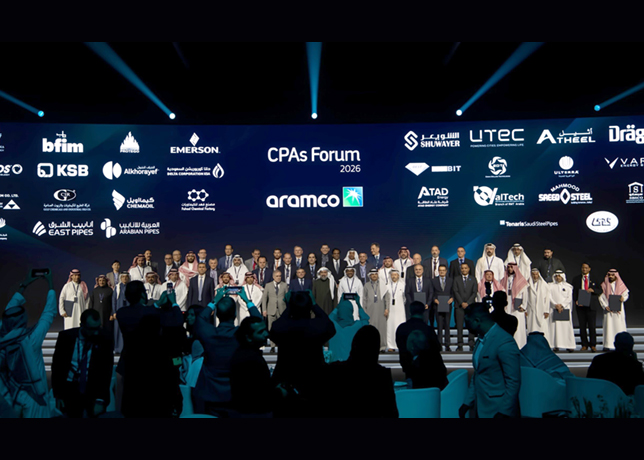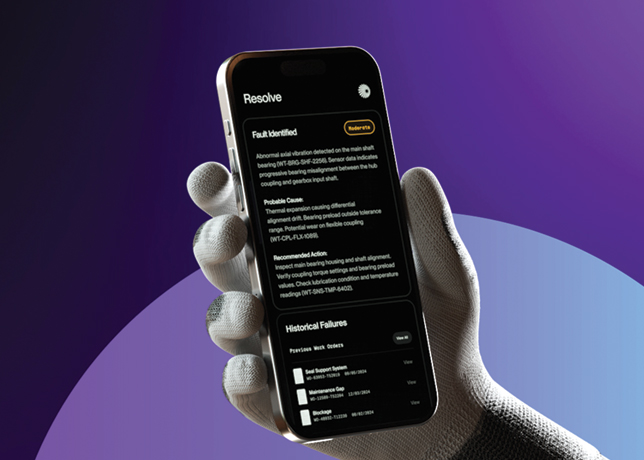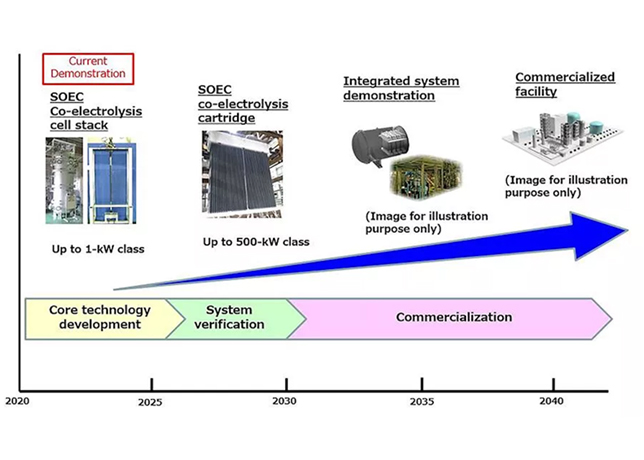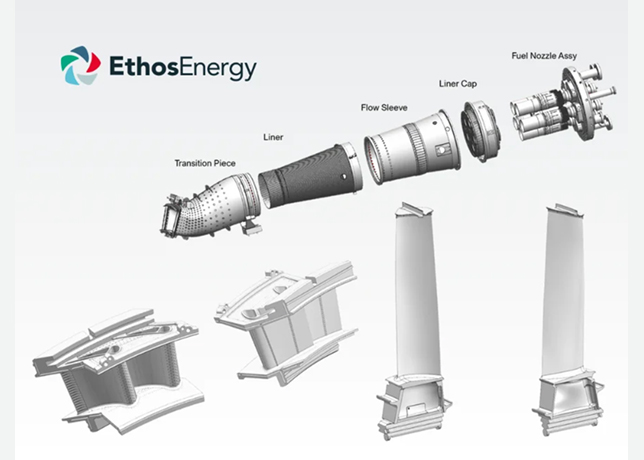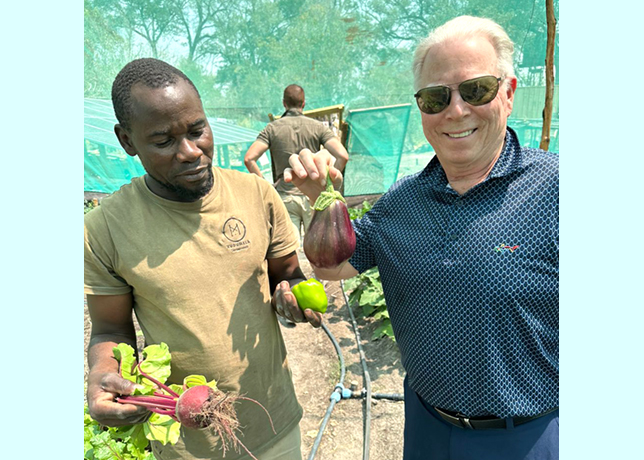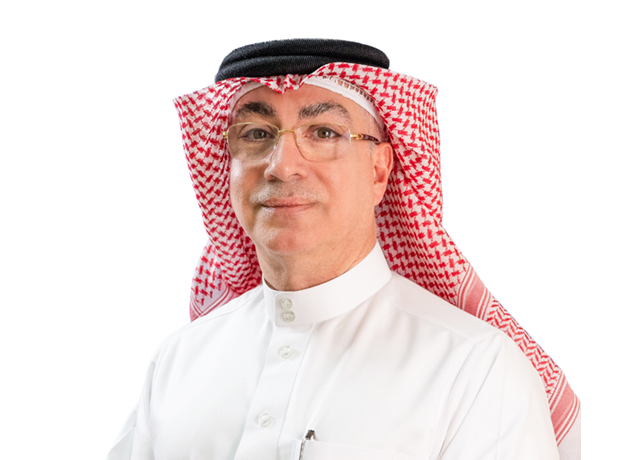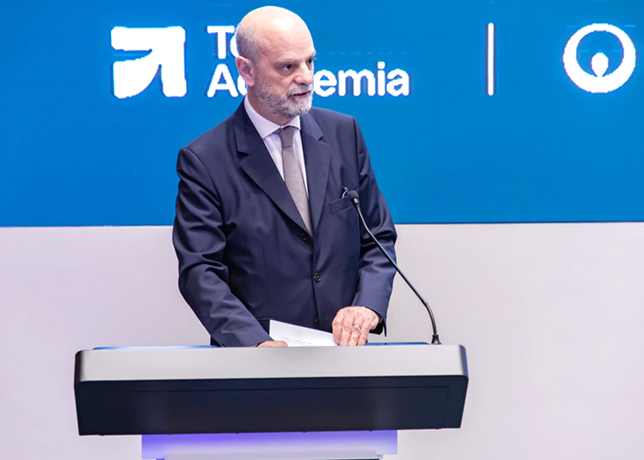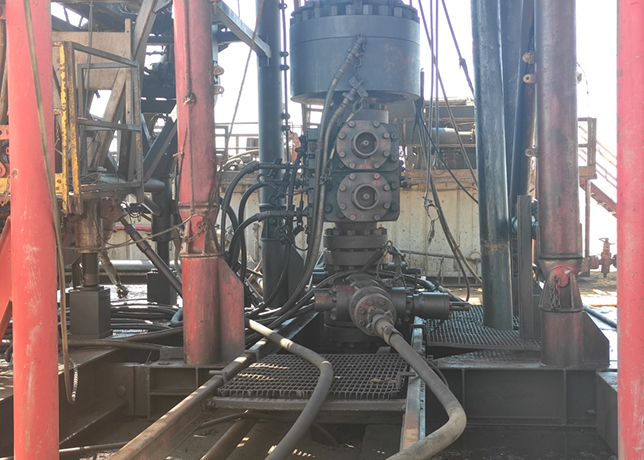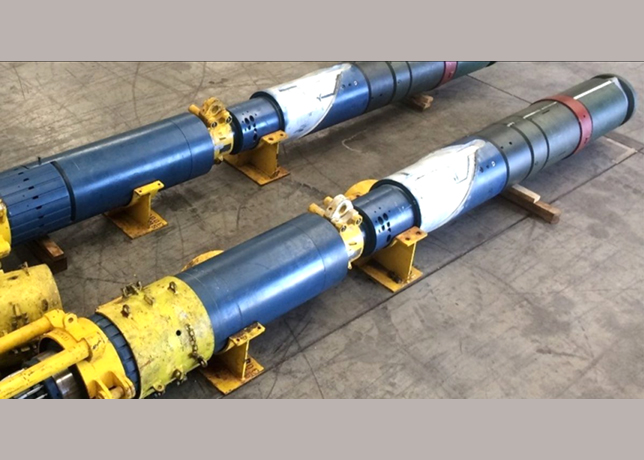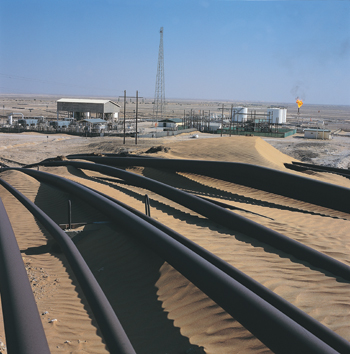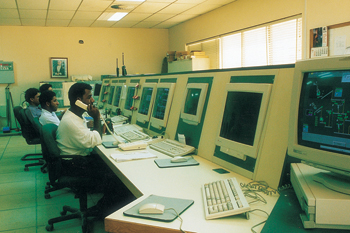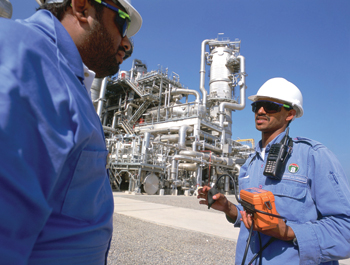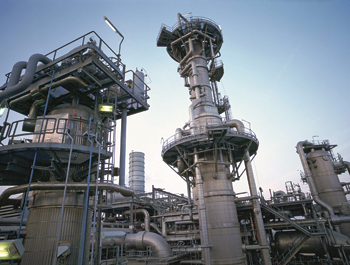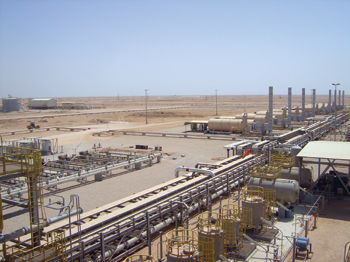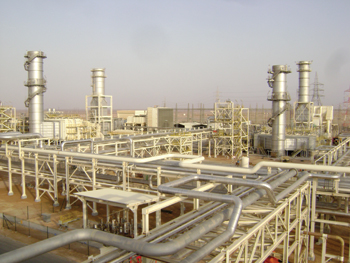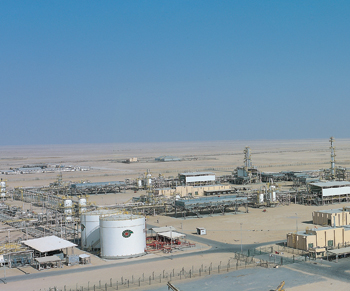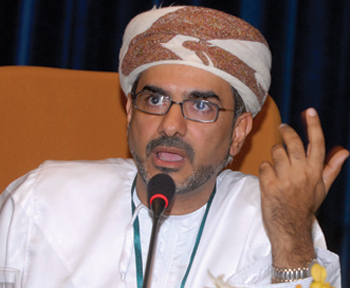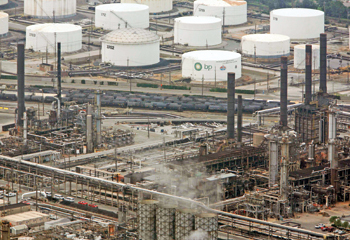
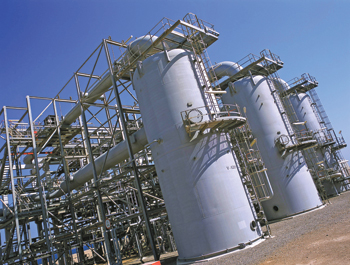 PDO leads the country in localisation
PDO leads the country in localisation
OMAN is one of the few Middle Eastern countries which has built successful localisation into the oil and gas sector.
Oman’s In-Country Value (ICV) programme, spearheaded by Petroleum Development Oman (PDO) seeks to maximise the total spend retained in country, which will directly benefit business development, contribute to human capability development, and stimulate productivity in Oman’s economy.
In short, it promotes products made, and services provided by Omanis in Oman for the oil and gas sector.
“To me, ICV success means the following: a competent, world-class Omani workforce; globally competitive Omani oil and gas products and services to meet our local and export demand; and innovative and sustainable Omani solutions across the whole supply chain,” says Mohammed Al Ghareebi, In-Country Value manager, Petroleum Development Oman (PDO).
The main thrust of the ICV programme is to maximise the employment of Omanis and placements on vocational/ professional training, attractive to Omani graduates and technical school leavers.
In Oman the government encourages both exploration/production and services companies to recruit local staff by providing incentives.
They also ensure that companies with production sharing contracts contribute to skills and knowledge development in different ways, for example through funding university and technical institute programmes, providing work internships, or offering gifted students petroleum studies scholarships abroad.
However, Oman is not simply allowing companies to hire Omani figureheads and call it localisation, the country is actively promoting and developing locally-produced materials, products, businesses and equipment that are of a high enough standard for oil and gas projects inside the sultanate.
To develop the manufacturing, services and support industry the country is developing a world class domestic capability in vocational and professional education and training institutions that are matched to real industry opportunities.
This means that instead of a university or college churning out 100 drilling engineers and hoping they will get hired, the government and oil and gas industry stakeholders will look at the areas in which Omani talent is lacking and provide training and courses for people to enter that part of the industry.
Oman has also not just looked at ICV with a focus on government initiatives, but has developed a system within the tender evaluation process, whereby contractors who show commitment to Oman, in both short term (contract execution) and longer-term are more likely to succeed in winning a tender in country.
“One of the main benefits of localisation is that it facilitates the transfer of skills from experienced expatriate staff to nationals of Oman. Localisation remains one of the best solutions to meeting rising demands for skilled staff, whilst keeping training and recruitment costs to a minimum for companies,” says Andy Anderson, Middle East and North Africa president, Proserv.
According to a study conducted for an ICV blueprint strategy for the country, as much as $64 billion worth of additional ICV opportunities exist down the value chain of the oil and gas sector between 2013 and 2020 in Oman.
“They are 53 investment opportunities worth $64 billion,” said Nasser bin Khamis Al Jashmi, undersecretary at the Ministry of Oil and Gas. Al Ghareebi says that the success of the ICV programme can largely be attributed to the high levels of collaboration between the government, through the Ministry of Oil and Gas, operators in the up, mid and down-stream sectors and the industry, through OPAL, an NGO society representing the oil and gas industry in the country.
“From the very outset in 2012, it was made clear that this is an industry approach and that all operators, as well as the Ministry of Oil and Gas, would have to have a consistent and aligned approach. There’s no ICV law or regulation in Oman; the ICV programme is embraced on a voluntary basis,” states Al Ghareebi.
Another key aspect that ensured the success of the ICV initiative is the high level of executive support. According to PDO, the government and operators, such as BP and Oxy, believe in ICV and therefore set up an ICV committee chaired by His Excellency, the undersecretary of the Ministry of Oil and Gas, Salim bin Nasser Al Aufi, and its members are MDs/CEOs of up, mid and downstream companies.
“This set-up has produced pan-industry solutions that meet both parties’ objectives. We were very careful to look at what had worked well and not so well in other countries. As such we visited countries like Malaysia, Norway and Brazil along with Ministry of Oil and Gas representatives to learn and adopt best practices that suit our context and needs,” explains Al Ghareebi.
“Furthermore, the clarity and consistency of ICV messages, from both the MOG and operators, are also as important. The market has to be well informed of ICV developments not only to ensure we are creating a level playing field for all, but also to share the ICV successes and best practices.”
PDO is leading the ICV rollout. PDO and its contractors created more than 5,700 jobs and employment and training opportunities for Omanis in 2013, meaning more than 10,000 opportunities for Omanis have been generated since 2011 when His Majesty, Qaboos bin Said Al Said’s National Objectives Programme was launched, to boost employment in the country.
“The company also awarded contracts worth more than $3.1 billion to locally registered firms, and broadened its support of domestic businesses through a variety of tactics, including technical assistance, ring-fencing the supply of locally manufactured goods, the establishment of Omani repair facilities and in-country engineering services,” says Al Ghareebi.
Al Ghareebi believes that the ICV initiative is sustainable in the long term because sustainability is a central concept in the ICV initiative and PDO will not compromise on HSE, quality or general business principles to ensure that the programme maintains its high standards.
“ICV will also count in a contract award, based on the ICV brought to the table, not on equity or shareholding. What we are simply saying is: ICV is not at any cost, it has to make good business sense. ICV is a long-term journey, but the strategic investment of today’s oil and gas revenues has helped, and will continue to help provide a platform to support a sustainable industry for the future,” says Al Ghareebi.
Oman only has enough hydrocarbons resources to sustain a certain level of growth in-country. However the geostrategic location of Oman provides local and international businesses alike with a unique opportunity to access international markets easily and cost effectively whether in Asia, Africa or Europe. According to PDO, that strong geographic positioning will ensure sustainability for local businesses beyond local demand.
There is no doubt that ICV has brought value to Omanis and the oil and gas sector. For example, the 10,000 opportunities developed since the inception of ICV has a direct impact on employment and training. The in-country spend of over $3 billion will directly benefit many Omanis and subcontractors who work for these firms. There is also the economic multiplier effect of such significant spend and employment on the overall economy.
“It’s worth noting that some of our local contractors, which were nurtured by PDO, are now exporting to the region and beyond. In addition, our supply chain is becoming shorter and that brings an advantage both in terms of supply chain security and cost,” says Al Ghareebi.
Four Super Local Community Contractors (SLCCs) have been established by PDO. These are Omani businesses that have shareholders, all from within PDO’s concession area, and are registered as closed Omani shareholding companies on the Muscat Securities Market. All SLCCs are now operational with a total of 460 Omanis were employed by them up to the end of 2013. Nearly 200 people have been trained, and contracts worth $540 million were awarded in business areas such as hoists operation and flow line replacement.
However, while the ICV programme is currently working very well, industry insiders believe that more commitment and involvement of operators is required.
“In-country value is not a sprint, it’s a marathon, and perhaps without a finish line! There will always be areas for improvement. For instance, we need to deepen the in-country value concept in the market so it’s embraced at all levels. We also need to increase the ICV cost transparency so our stakeholders know what the return on their investment is.
“We also need to integrate ICV in the early stages of planning and engineering to avoid costly changes. Finally we must focus on innovation and R&D by bridging the gap between the industry and academia,” states Al Ghareebi.
There’s no perfect ICV model that fits all countries, and it’s doubtful if one will ever exist, but Oman is trying to do it in such a manner that meets its local needs.
“As far as I know, the programme itself is being pursued under different titles in many countries around the world including the GCC countries. It all depends on each country’s priority. In Oman, job creation and employment are priorities and therefore we’ve got to have an effective means to drive it,” says Al Ghareebi.
“What will be interesting to see is how other sectors such as logistics, construction, power, and tourism, will replicate and roll out ICV. Obviously, this will require co-ordination at the national level to ensure cross-sectors alignment and consistency of ICV application.”
Looking within Oman itself, PDO is keen to share its approach and learnings with other sectors in the economy so they don’t have to reinvent the wheel,. Within oil and gas the ICV approach has been recognised internationally as being good practice worth replicating.
“We will be collaborating with other sectors in Oman to share our learnings. Over time, however, we should be able to see a more integrated and collaborative approach to ICV between the AGCC countries as we discover what works best,” notes Al Ghareebi.



